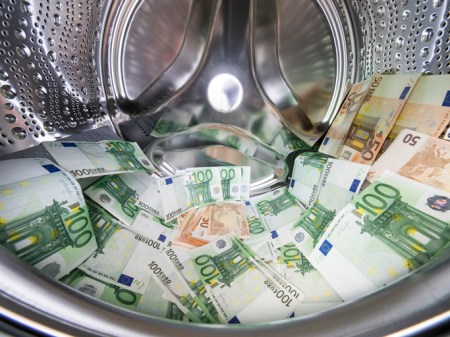Team of romance scammers defrauded US victims out of $2.5M since 2016, DOJ says

U.S. prosecutors have charged nine people in connection with a scheme to defraud elderly Americans out of more than $2.5 million by pretending to be friends or romantic partners online.
The suspects, who hail from Nigeria, Ghana and the U.S., used websites like Facebook and Google to find victims seeking friendship, companionship and love. By masquerading as interested partners who needed money, the thieves would convince unwitting victims, often senior citizens, to send them thousands of dollars at a time, the Justice Department said.
The charges, unsealed Tuesday, are the latest allegations of so-called romance scams, in which fraudsters exploit lonely web users to try emptying their bank accounts. Victims reported $304 million in losses from romance scams in 2020, according to the Federal Trade Commission, a figure that does not account for any losses not disclosed to the government.
Conversations typically begin innocuously on dating apps and social media messaging platforms, only for scammers to request larger sums of money as the discussions grow more intimate. In one typical case, apparent Nigerian scammers posed as U.S. military generals, including the director of the National Security Agency, to try fleecing two New York City teachers.
In one of the cases unsealed this week, five individuals combined their resources to pose as one person, the fictitious “Daniel Moore,” who claimed to be a Michigan native who was working on an oil rig in Dubai. The Daniel Moore persona made contact with a victim living in Michigan, slowly convincing the unnamed victim to send thousands of dollars via the MoneyGram wiring service.
Another individual that messaged the victim in Michigan to report that the fictitious Daniel Moore had died. Moore’s employer, the story went, owed his relatives approximately $3 million, though the family first needed to pay an inheritance tax in order to receive the funds. The victim then sent at least $35,000 to members of the conspiracy, according to the indictment.
Various similar schemes the newly charged individuals carried out between 2016 and 2020 resulted in scams totaling some $2.5 million, the Justice Department said. All nine of the suspects currently are in U.S. custody.
“Crimes involving romance scams and other online scams are increasing at an alarming rate,” Acting United States Attorney Lisa Johnston said in a statement. “This case is a reminder that users of email, texts and social media should be aware of such scams and exercise extreme caution.”






